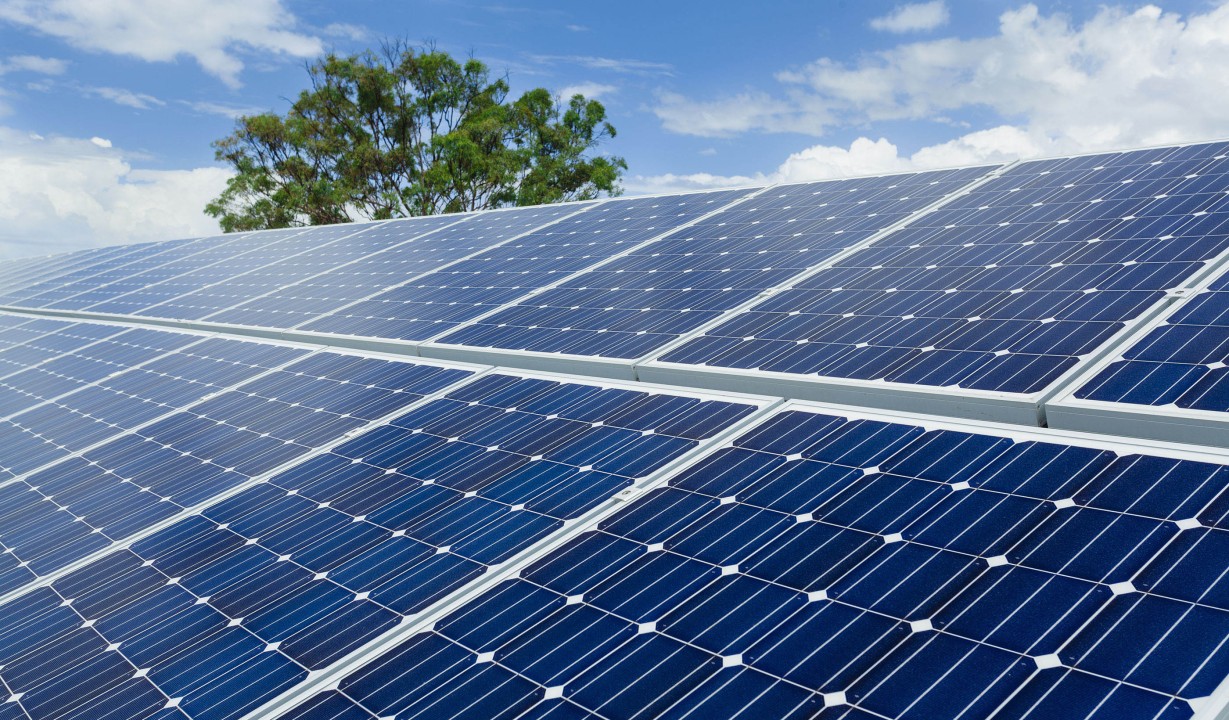Image Source: Google
With the increasing awareness of environmental issues and the rising costs of traditional energy sources, more and more people are turning to solar energy as a sustainable alternative. Solar photovoltaic panels, also known as solar panels, are a key technology in harnessing the power of the sun to generate electricity. If you are considering installing solar panels on your property but don't know where to start, this beginner's guide will help you understand the basics of PV solar photovoltaic panels and how they can benefit you.
How Do Solar Photovoltaic Panels Work?
Solar photovoltaic panels work by converting sunlight into electricity through a process called the photovoltaic effect. Here's how it works:
The sunlight hits the solar panels:
- Solar panels are made up of photovoltaic cells that absorb sunlight.
- When sunlight hits the cells, it excites the electrons, causing them to move and generate an electric current.
The electricity is generated:
- The electric current generated by the photovoltaic cells is in the form of direct current (DC) electricity.
- An inverter then converts the DC electricity into alternating current (AC) electricity, which can be used to power your home.
Benefits of Solar Photovoltaic Panels
There are several benefits to installing solar photovoltaic panels on your property:
Renewable Energy Source:
- Solar energy is a renewable energy source, which means it will never run out.
- By harnessing the power of the sun, you can reduce your reliance on non-renewable energy sources such as coal and oil.
Reduce Electricity Bills:
- By generating your own electricity with solar panels, you can significantly reduce your electricity bills.
- Any excess electricity generated can be fed back into the grid for credits or sold to your utility company.
Environmental Benefits:
- Solar energy is a clean source of energy that produces no greenhouse gas emissions or air pollutants.
- By using solar panels, you can reduce your carbon footprint and help combat climate change.
Considerations Before Installing Solar Photovoltaic Panels
Before you decide to install solar photovoltaic panels on your property, there are a few important considerations to keep in mind:
Available Sunlight:
- Make sure your property receives an adequate amount of sunlight throughout the day for the solar panels to generate electricity efficiently.
- Shading from trees, buildings, or other obstructions can reduce the efficiency of your solar panels.
Roof Condition:
- Ensure that your roof is in good condition and structurally sound to support the weight of solar panels.
- If your roof needs repairs or replacement, it's best to address these issues before installing solar panels.
Regulatory Approvals:
- Check with your local authorities for any permits or approvals required to install solar panels on your property.
- Some neighborhoods or homeowners associations may have restrictions on the installation of solar panels.
Choosing a Solar Photovoltaic Panel System
When choosing a solar photovoltaic panel system for your property, there are several factors to consider:
Panel Efficiency:
- Higher efficiency panels will generate more electricity in a smaller space, making them ideal for properties with limited roof space.
Quality and Warranty:
- Choose panels from reputable manufacturers with a proven track record for quality and reliability.
- Look for panels with a solid warranty to protect your investment in case of any issues.
Cost and Financing:
- Compare quotes from multiple solar panel installers to find the best price for your system.
- Consider financing options such as loans, leases, or power purchase agreements to make solar panels more affordable.
Installation and Maintenance of Solar Photovoltaic Panels
Installation:
- Solar panel installation should be done by a professional installer with experience in solar energy systems.
- The installer will assess your property, design the system, and handle all the necessary permits and approvals.
Maintenance:
- Solar panels require minimal maintenance, usually limited to occasional cleaning to remove dirt and debris.
- Monitor your system regularly for any issues and have a professional inspect it at least once a year.
By following this beginner's guide to solar photovoltaic panels, you can harness the power of the sun to generate clean and sustainable electricity for your home. With the right system and proper maintenance, you can enjoy the benefits of solar energy for years to come.
